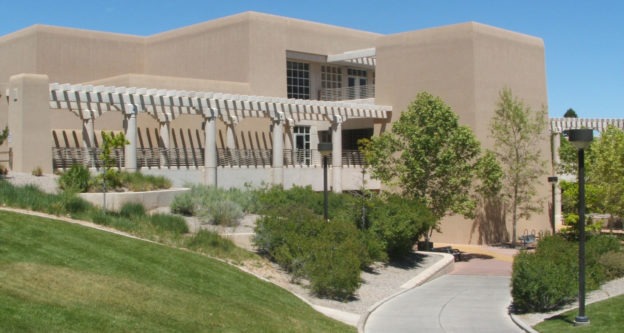I was recently appointed the Technical Director of the The Database of Religious History (DRH). The DRH is one of the flagship initiatives of the Cultural Evolution of Religion Research Consortium (CERC). The DRH aims to bring together, in a standardized, systematic form, data on religious systems (and later more general historical variables) from across the world and throughout history, from the earliest archaeological records up to approximately 1500-1600 CE. By creating a quantitative database of social complexity, warfare, ritual, religion, and resources from across the globe and throughout history in a manner that will allow systematic statistical analysis, we hope to discover new patterns in world history, and test of novel hypotheses about the evolution of social complexity.
As Technical Director, I am responsible for the creation of the database system and general infrastructure.












